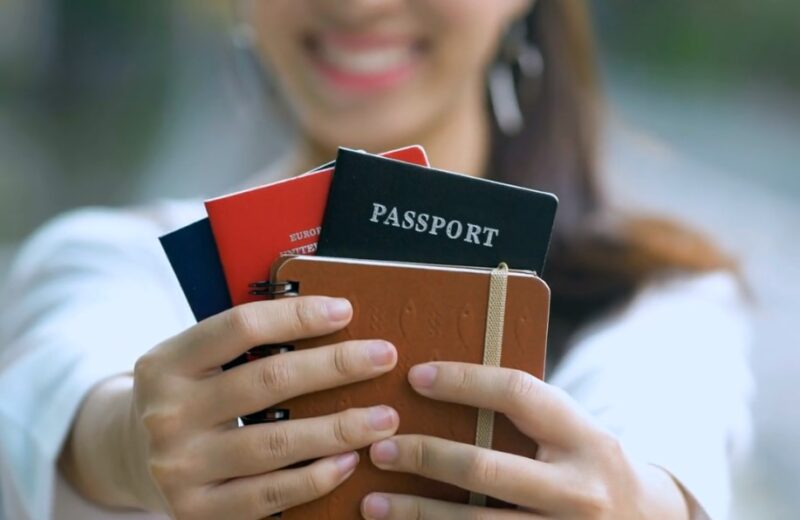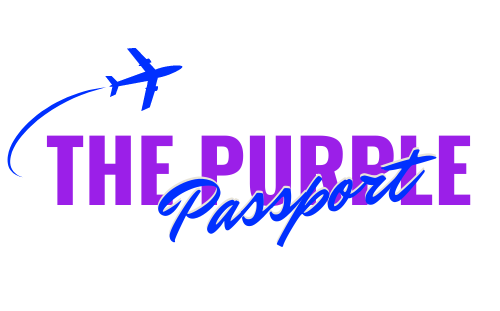Embarking on a business trip requires careful planning and consideration to ensure its success. Both seasoned and novice travelers need to be mindful of various factors that contribute to a productive trip, ranging from travel arrangements to accommodation.
Preparing for a business trip is not merely about packing a bag; it encompasses understanding the objectives of the trip, aligning them with the logistical aspects, and anticipating possible scenarios you might encounter. Attention to detail can make the difference between a fruitful endeavor and a challenging experience.
Key Takeaways
Overview
Business travel is a key component of many organizations, encompassing all travel done for the purpose of conducting business-related activities. It is essential to be clear on objectives, recognize the different types of trips, and understand the importance of thorough preparation.
Defining Business Travel Objectives

Before embarking on a business trip, one should clearly identify their goals and expected outcomes. Whether it’s to close a deal, explore new markets, or attend industry conferences, having a clear set of objectives aligns the trip with the company’s strategic goals and provides a framework for success.
Types of Trips
Business trips can vary widely:
- Conferences and Trade Shows: Gathering insights and networking.
- Client Visits: Strengthening relationships and developing new business.
- Corporate Meetings: Strategic planning and team collaboration.
- Site Inspections: On-ground assessment for potential investment or expansion.
Each type serves a distinct purpose and requires specific preparations.
The Importance of Preparation
Preparation is paramount. Effective preparation includes:
- Detailed itineraries
- Advance travel arrangements
- Accommodation bookings that balance cost and convenience
- Travel document organization
The benefits of being well-prepared for business travel are many, from ensuring personal safety to fostering professional reliability and effectiveness.
Before You Leave

Preparing for a business trip requires attention to detail and foresight. It’s essential for travelers to ensure all travel documents are in order, flights and accommodations are booked to suit their itinerary, and they are packed appropriately for their destination and expected engagements.
Travel Documentation and Visas
Travelers should confirm that passports are valid for at least six months beyond the date of their intended return. They must also check if visas are required for the destination and apply for them well in advance to avoid last-minute complications. Keeping a digital copy of these documents is advised.
Required Documents List:
- Passport
- Visas (if necessary)
- Identification card
- Frequent flyer cards
- Credit cards
Booking Flights and Accommodations
Choosing flights that align with the business schedule is crucial. Early booking can secure competitive rates and desired seating. Accommodations should be selected for both comfort and proximity to business venues. Taking advantage of frequent flyer perks can provide added benefits.
Accommodation Criteria:
- Close to meeting locations
- Amenities offered (Wi-Fi, work desk)
- Value for money
Packing Essentials for Business Travel
Packing should be strategic. Essentials include a mix of formal and casual business attire, adaptable to the local climate. Don’t forget technology chargers and adapters. For packing outerwear, consider the destination’s weather conditions.
Packing Checklist:
- Formal and casual business attire
- Technology accessories (chargers, adapters)
- Appropriate outerwear
- Personal items (toiletries, medications)
On the Road

The crux of business travel lies in moving efficiently and preserving one’s ability to work while transitioning from one location to another. This capability hinges on mastering airport navigation and maintaining productivity during transit.
Navigating Airports and Transfers
At airports, time management is crucial. Travelers should ensure they have all necessary travel documents easily accessible. It’s beneficial to check-in online and download boarding passes to a smartphone or print them beforehand. For more streamlined airport experiences, one can consider enrolling in services like Global Entry and TSA PreCheck, which expedite security and customs processes.
When arranging transfers from the airport to the hotel or meeting venue, it’s efficient to pre-book reputable services or use trusted ride-sharing apps. Knowing the local etiquette and dress codes can also impact your transit experience, especially when traveling internationally.
Staying Productive During Transit
Maximizing transit time for productivity involves a few strategic approaches:
- Pack necessary work materials: Ensure you have all necessary business supplies and work documents organized and accessible.
- Charge your devices: Have your laptop and other tech gear at full battery before leaving, and carry a portable charger for emergencies.
- Plan your tasks: Decide on specific tasks that are conducive to being handled in transit, like reading or responding to emails, and allocate this time to complete them.
Frequently Asked Questions
What are the essential items to pack for a streamlined business travel experience?
To ensure a streamlined experience, one should pack clothing appropriate for the specific business settings and all necessary electronics, including chargers and travel adaptors. It’s crucial to carry any essential documents for meetings as well.
Which apps and tools are most beneficial for organizing and managing business trips?
Various apps and tools exist to manage itineraries, bookings, and expenses, which are indispensable for organizing a business trip efficiently. Consider apps that consolidate travel plans and provide real-time updates on flights and accommodations.
What are the key differences between business travel and leisure travel?
Business travel is often characterized by structured schedules, meetings, and the need to adhere to professional standards, while leisure travel allows for flexibility and personal preferences to guide the itinerary.
How can one create an effective itinerary for a multi-day business trip?
Creating an effective itinerary for a multi-day business trip involves meticulous planning with scheduled meetings, accommodations close to venues, and built-in time for travel between different commitments. An essential itinerary outlines all appointments, contact information, and reservation details.
What strategies can ensure a successful and productive business trip?
Adopting strategies such as preparing in advance for all meetings, allowing for downtime, and staying connected with one’s office can contribute to a successful business trip. It’s also vital to anticipate and adapt to potential changes in plans.
How should one manage out-of-office responsibilities while traveling on business?
It is important to set expectations with colleagues and clients by informing them of one’s availability and response times. Delegating tasks and utilizing digital tools for remote collaboration can help manage responsibilities efficiently during business travel.
Conclusion
Embarking on a business trip requires meticulous planning and a keen eye for detail. From understanding the objectives of your journey to packing essentials and navigating cultural nuances, every aspect plays a crucial role in the success of your trip.
By preparing thoroughly, staying adaptable, and making the most of your time, you can ensure that your business travel not only meets but exceeds expectations, fostering professional growth and opportunities.

